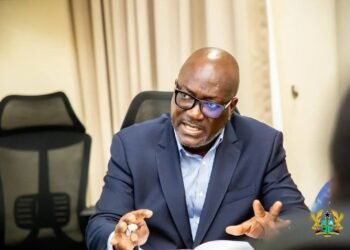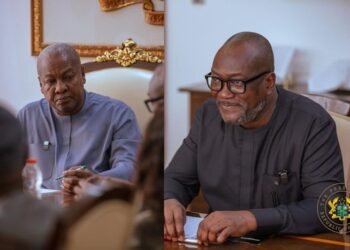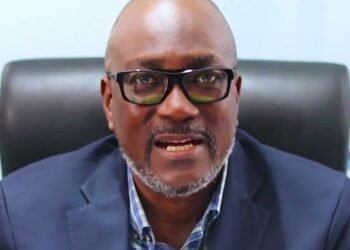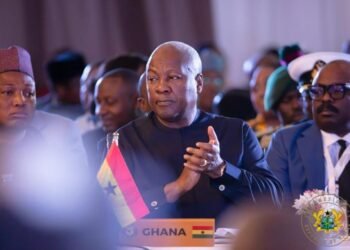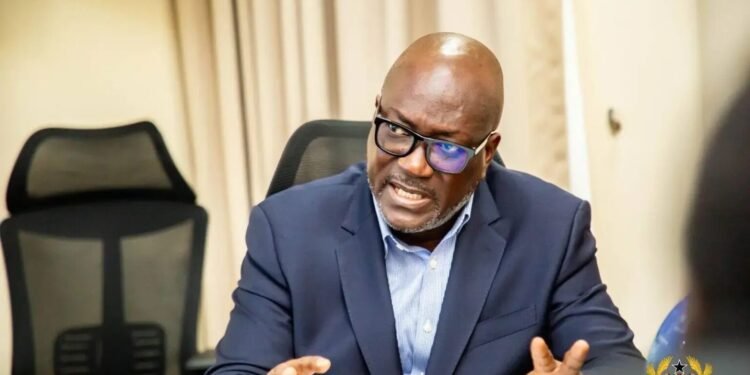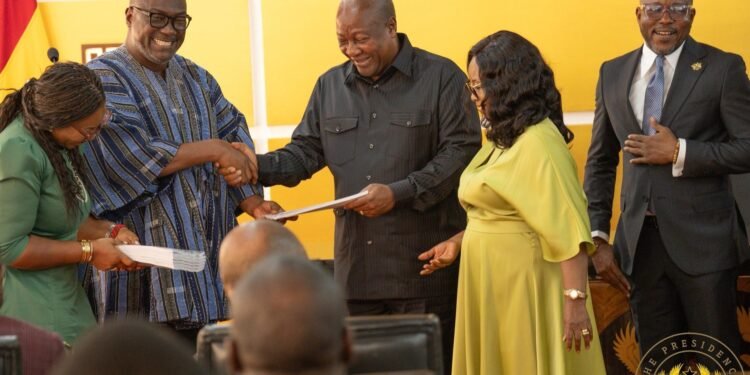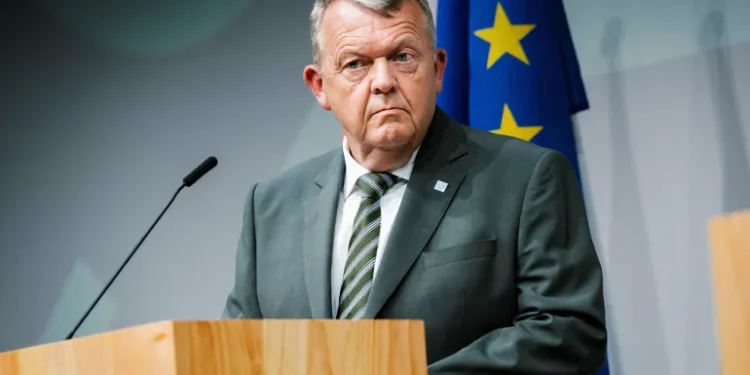President Akufo-Addo’s recent nomination of individuals to the Court of Appeal has ignited a firestorm of debate and scrutiny, particularly surrounding one nominee whose past actions have raised serious concerns about impartiality and integrity.
The nominee, Dr Opoku Adusei, who until his nomination was the head of Legal Services at the National Communications Authority has come under intense scrutiny for his perceived partisan affiliations and alleged misconduct during his tenure as the Legal head of the National Communications Authority (NCA).
Critics have pointed to the nominee’s track record of displaying overt partisanship towards the ruling New Patriotic Party (NPP), citing instances where he deactivated his social media accounts immediately after his nomination.
The move according to his critics is an attempt to conceal past controversial statements and his perceived partisan affiliations.
This perceived bias has drawn sharp criticism from leading members of the opposition and civil society organizations, who argue that such actions undermine public trust in the judiciary and raise questions about the nominee’s commitment to impartiality.
The IMANI Centre for Policy and Education Vice President, Selorm Branttie, who has been one of the vocal critics of Dr Opoku Adusei strongly argued that his action and conduct at the National Communications Authority not only violated established laws but also infringed upon the rights of ordinary Ghanaians.
He further alleged that the nominee’s oversight of significant market player status applications impeded the right of consumers to access telecommunications services.
Mr Selorm Branttie contended that the action by the nominee resulted in increased costs for consumers without just cause.
The Controversial KelniGVG Deal
Perhaps most alarming is the nominee’s association with the KelniGVG contract, which has been mired in allegations of fraud and misuse of private data.
According to the IMANI Africa’s Vice President despite mounting concerns, the contract remains operational, raising serious questions about the nominee’s judgment and commitment to upholding legal standards.
The Technology Policy Analyst stressed his opposition to the nominee to the Court of Appeal, citing his partisan views on national issues in the past and track record and actions at the NCA as disqualifying factors for the position.
“An appeals court nominee should be brave enough to leave a record of his own statements on social media for all to see and judge his character. Others have been on social media and in the media for years and have the respect of everyone. If he didn’t have anything to hide, why has he deactivated his socials?”
Selorm Branttie

The controversy surrounding the nominee’s appointment underscores the importance of judicial impartiality and the need for nominees to demonstrate a high sense of neutrality in their work.
The judiciary plays a crucial role in upholding the rule of law and ensuring justice for all citizens, making it imperative that individuals appointed to the bench possess unquestionable integrity and impartiality.
In light of these revelations, it is important that the appropriate authorities, particularly the Judicial Council conduct thorough due diligence on all nominees to the Court of Appeal.
The Judicial Council, tasked with evaluating the suitability of judicial appointees, must ensure that nominees uphold the highest ethical standards and maintain the trust and confidence of the public.
As such, the need for rigorous vetting processes and transparent evaluations of judicial nominees cannot be overstated, as they are essential to preserving the integrity and legitimacy of Ghana’s judiciary.
Failure to address these concerns could not only undermine public confidence in the judiciary but also erode the credibility of the Court of Appeal as a bastion of justice and impartiality.
READ ALSO: Ghana Urged to Embrace Islamic Banking for Project Financing




